UC Law SF Expands Faculty Expertise with Leaders in AI, Health Law and More
More than a dozen top experts in artificial intelligence, international law, and more are joining UC Law San Francisco this year as new faculty members. All leading scholars and practitioners in their fields, they will expand the College’s strong roster of skilled educators and researchers, enhancing expertise across multiple practice areas.
“We are thrilled to welcome such a distinguished group of experts to UC Law San Francisco,” said Chancellor & Dean David Faigman. “Their work advances legal scholarship and addresses critical societal challenges, and their teaching will prepare our students to tackle the complex legal issues of tomorrow.”
Learn more about our new faculty members below.
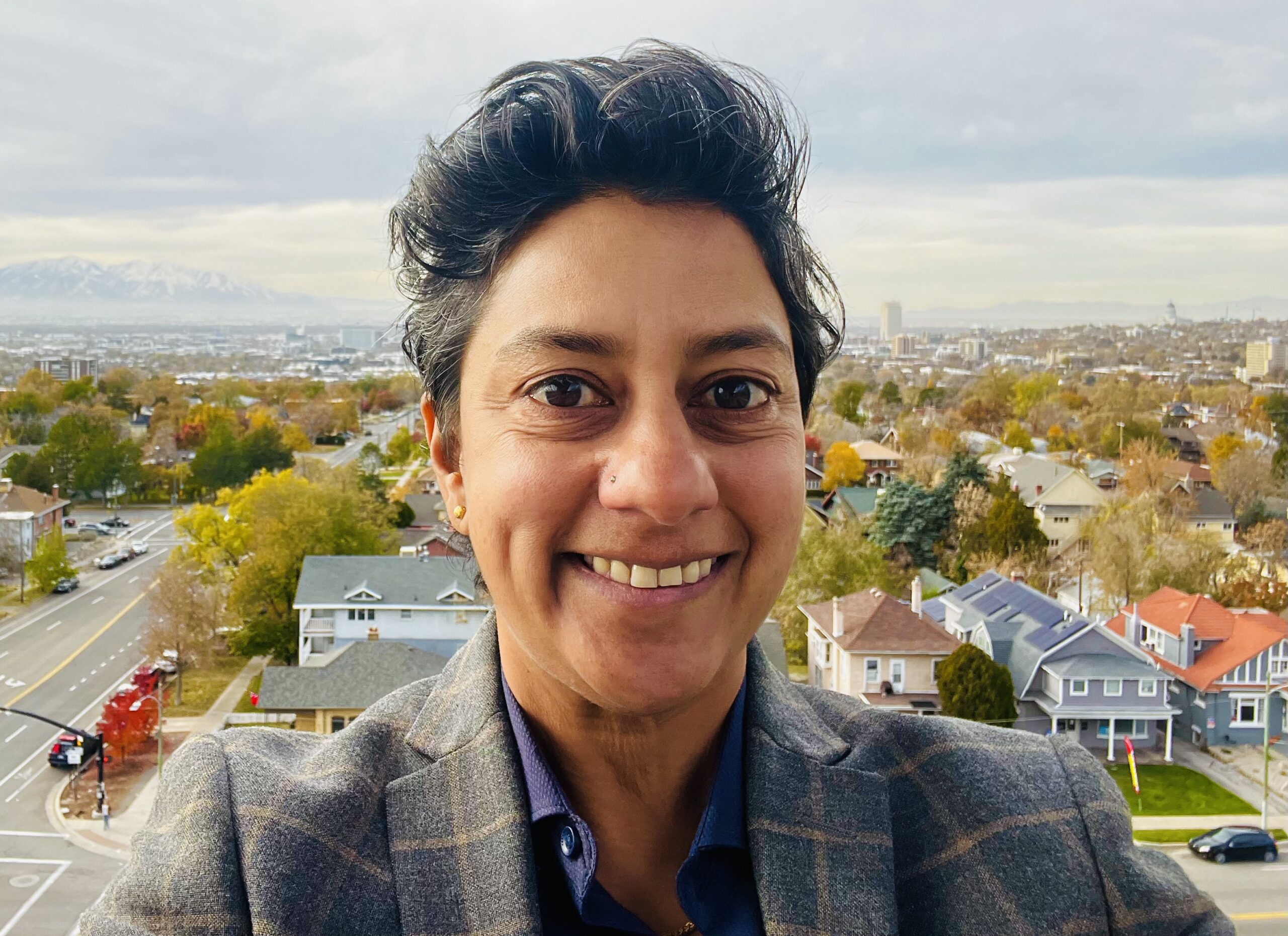
Prithika Balakrishnan leads the Criminal Practice Clinic at UC Law SF and researches issues involving technology and racial inequality in the criminal justice system.
Drawing on over 10 years of experience as a public defender, Professor Balakrishnan focuses her research on the interlaced issues of criminal law, technology, and race. Most recently in a forthcoming paper, she explores how GPS monitoring of pretrial defendants is “radically changing the presumption of innocence” and “amplifying racial disparities” in the criminal justice system.
“Technology is something that has transformative effects and calls on us to evaluate what it is we truly hold as important,” she said. “As technologies progress, what is in the realm of the possible changes. And as a community, we must negotiate what to do with the new abilities that technology offers us.”
Balakrishnan has served as a visiting professor directing UC Law SF’s Criminal Practice Clinic since 2022, through a rotating professorship with the Center for Racial and Economic Justice. Balakrishnan, who earned her JD from Yale University, said she has enjoyed teaching “hardworking UC Law SF students who are dedicated to criminal justice” and looks forward to formally joining the College’s robust intellectual community of faculty members.
She will continue teaching the Criminal Practice Clinic and will also teach Criminal Law to first-year students starting in the 2024-2025 academic year.
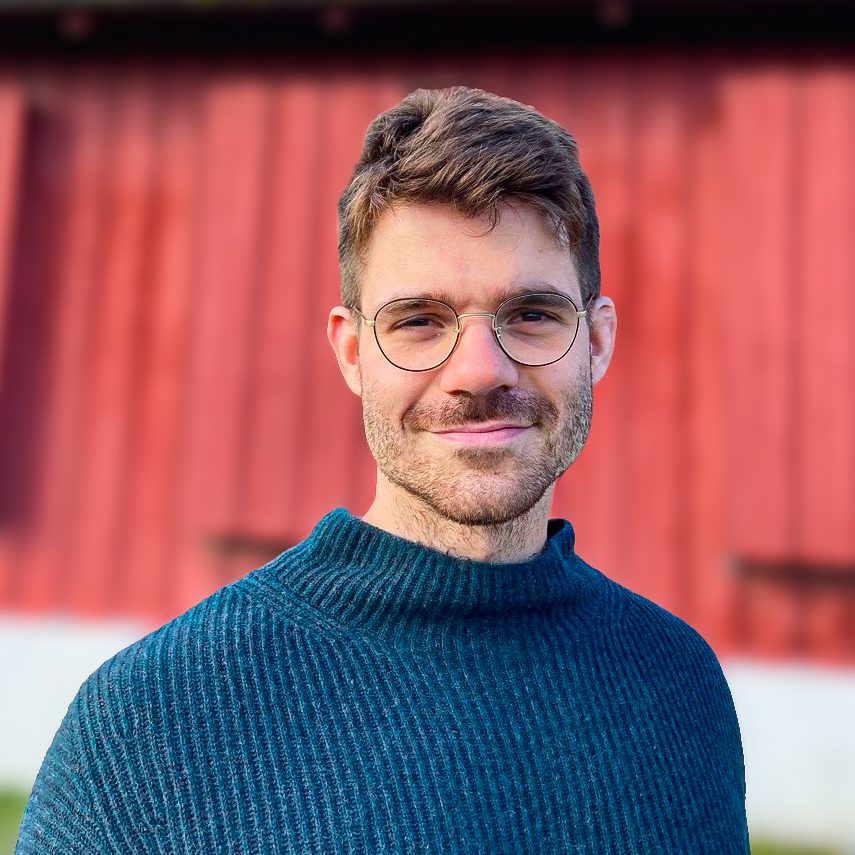
Benjamin A. Barsky draws on his training as a lawyer and health policy researcher to shed light on the connections between law, health, and inequality.
A scholar working at the intersection of law, health care policy, and public health ethics, Professor Barsky currently leads many research projects that explore how criminal law enforcement shapes health and wellbeing. With support from funders that include the Commonwealth Fund, the National Institute on Drug Abuse, and the Robert Woods Johnson Foundation, his research tackles critical issues including telemedicine and the U.S. overdose crisis, health and incarceration, and non-police responses to behavioral health crises. His training as a lawyer and health policy researcher brings a unique, empirically informed perspective to the study of law.
“I hope that my students will come to appreciate the profoundly important connection between law, health, and inequality in the United States and beyond,” he said. “And I hope that I can play a role in equipping them with the tools, both intellectual and practical, that will help them make their communities better, healthier, and more just places.”
Barsky is currently a fellow at the Harvard Law School Project on Disability, the Edmond & Lily Safra Center for Ethics at Harvard University, and the Center for Public Health Law Research at Temple University. He earned his JD from the University of Pennsylvania Carey Law School and his Master of Bioethics from the University of Pennsylvania Perelman School of Medicine. Already a standout in his field, Barsky expects to earn his Ph.D. in health policy from Harvard this fall.
At UC Law SF, he will teach criminal law, health law, and a seminar on health law and policy.
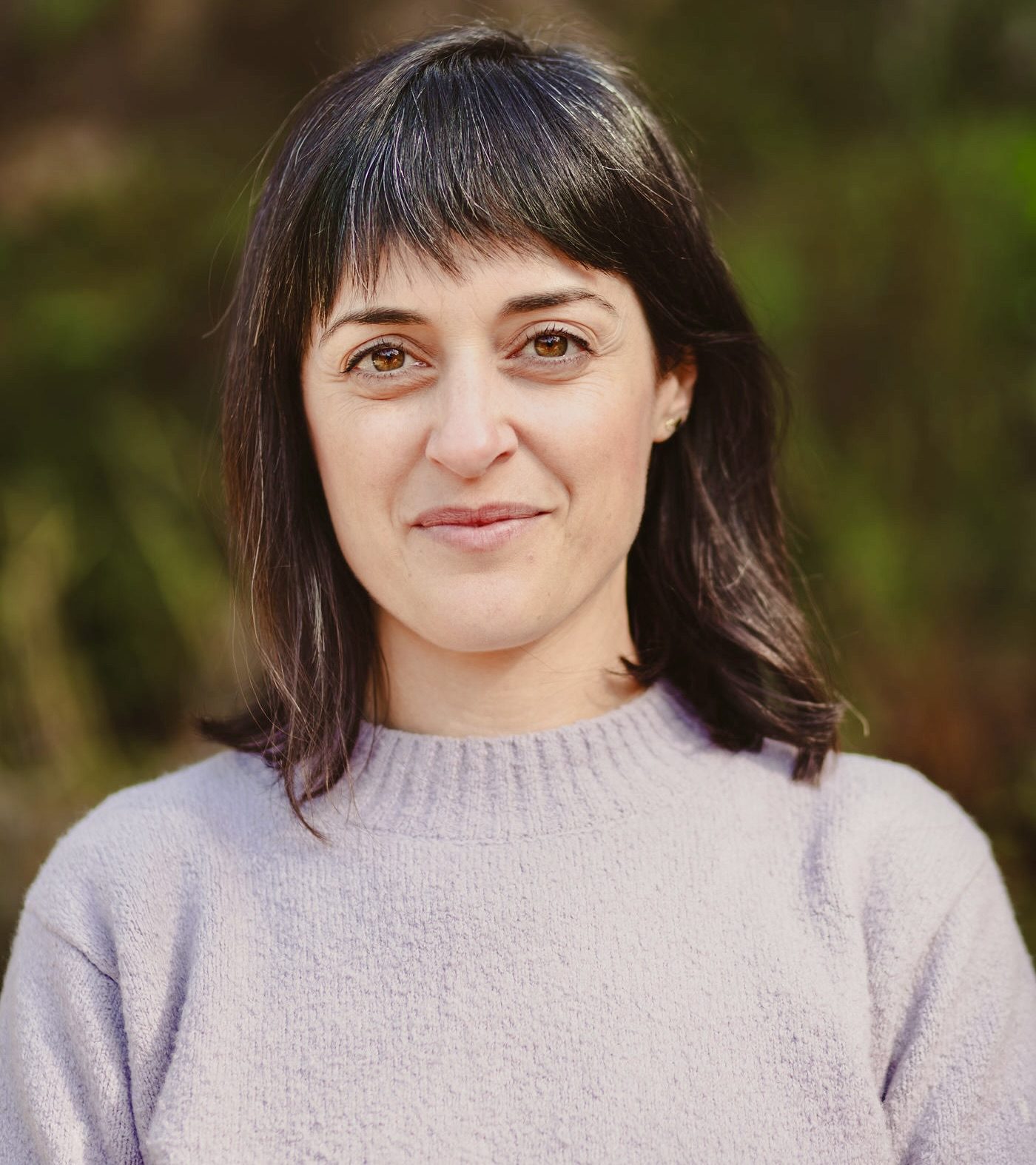
Blaine Bookey ’09 is an expert on international human rights who has led efforts on multiple fronts to disseminate knowledge about the rights of refugees under U.S. and international law.
Bookey is an expert in international human rights and refugee law. Since 2011, she has served as legal director of the Center for Gender and Refugee Studies (CGRS) at UC Law SF, leading the center’s strategic litigation, policy advocacy and research efforts. As an adjunct professor, she has taught international human rights courses and advanced seminars on urgent justice issues in Haiti. In the 2024-2025 academic year, she will take on a new role as Visiting Assistant Professor at UC Law SF. She plans to research transitional justice issues in Haiti and factors that influence decision-making in women’s asylum cases in the U.S.
“My research aims to shed light on human rights issues, including whether and how U.S. laws can protect people fleeing gender persecution and how transitional justice efforts under way in Haiti can be responsive to civil society perspectives,” she said. “I hope it can provide some guidance to different stakeholders and the people most impacted by these legal issues.”
Bookey won the prestigious David Carliner Public Interest Award from the American Constitution Society in 2016 and was named one of the “Top Women Lawyers in California” by the Daily Journal in 2020. She earned her JD at UC Law SF and expects to graduate this fall with a master’s degree in international human rights from Oxford University. She said her teaching aims to give students a better understanding of international human rights, which can enhance the practice of domestic laws in ways that advance justice.
She will teach international human rights law and other international law courses.
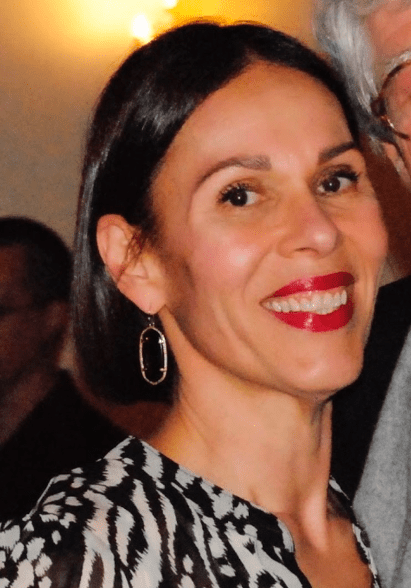
Mimi Glumac draws on her experience as a former private litigator and staff attorney for the Ninth Circuit to help law students master the foundational skills of legal research and writing.
A seasoned attorney and accomplished entrepreneur, Glumac joins UC Law SF as a Professor of Practice. She will teach foundational Legal Research and Writing (LRW) courses to first-year law students. She previously taught LRW as an adjunct professor at UC Law SF from 2006 to 2009 while working as a staff attorney at the U.S. Court of Appeals for the Ninth Circuit, specializing in federal appellate motions and prisoner civil rights appeals. She was also an associate with Gordon & Reese, focusing on commercial, business and tort litigation.
In working with Ninth Circuit judges, Glumac learned to be organized, succinct, clear and thorough in her writing – lessons she imparts to her own students. She earned her JD from the University of San Francisco and founded a successful professional/personal image consulting business.
A devoted educator, Glumac said she is always willing to spend extra time with students who need guidance and support. She emphasizes how essential LRW is to the practice of law: “Everything we do as lawyers begins with a well-written document, which is key to successful communication and advocacy in the practice of law. Mastering the basics of legal research and writing prepares students to succeed on exams, the Bar, and in their future careers.”
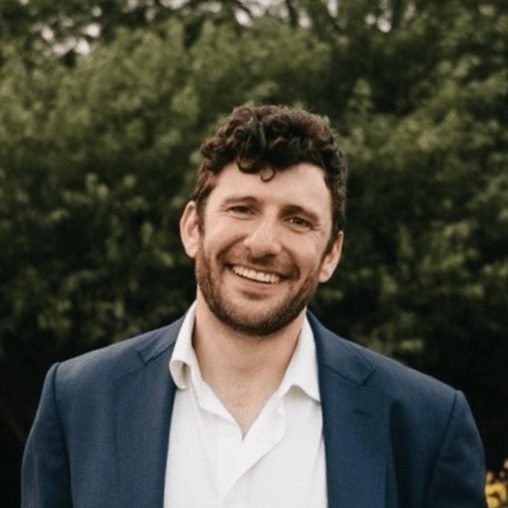
Zac Henderson is an expert on the development of laws, regulations, and policies for artificial intelligence and other technologies that are reshaping the modern world.
Henderson has helped UC Law SF’s Center for Innovation (C4i) lead the way in artificial intelligence, advising on AI-related legal and regulatory matters in his service since February as an affiliated scholar. Starting in the 2024-2025 academic year, he will become a Visiting Assistant Professor with C4i. He plans continue advising the center and its new AI & Law Innovation Institute while pursuing groundbreaking research on emerging technologies and the law.
“Innovation inevitably raises important and often surprising legal and ethical questions, most of them interdisciplinary, and all of them interesting,” he said. “As a technology lawyer, I have an opportunity to join the many important debates and discussions we have ahead of us as a society—and I find that work endlessly compelling.”
Henderson said his passion for technology law stems from his belief in the transformative power of innovations in health care, AI, robotics, space technologies, and more. He currently serves as general counsel of Levels, a digital health company that helps its members see how food and exercise affect their health in real time. He designed and implemented the company’s AI policies, among many other duties. He is also a charter member of the L Suite, formerly Tech GC, an exclusive network for GCs in high-growth companies across the U.S. and internationally.
A graduate of the University of Chicago School of Law, Henderson previously worked as a litigator for Kirkland & Ellis and spent two years clerking for the U.S. Court of Appeals for the Seventh Circuit. He looks forward to mentoring students who are interested in technology law careers.
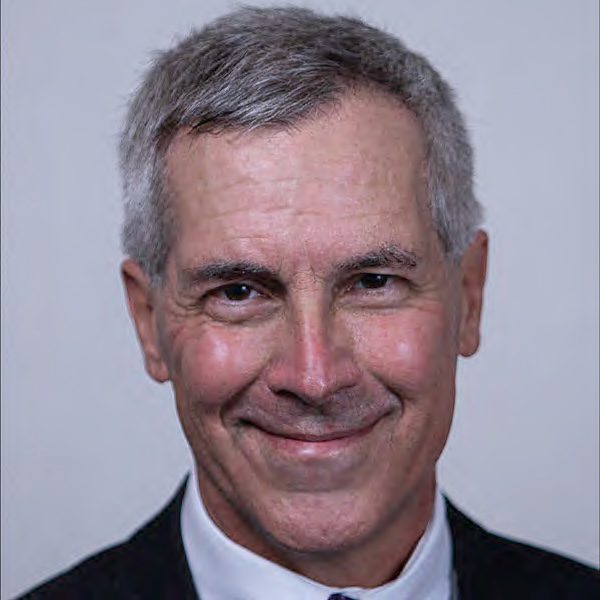
George Horvath explores the impact of laws and regulations on safety and innovation in the health care industry.
With a background in medicine and law, Professor Horvath focuses on the intricate intersections of health care delivery and regulation, particularly in FDA oversight of medical devices and drugs. A former cardiologist, his legal research examines how laws and policies affect some of the most important aspects of the health care industry.
“Every one of us will likely be dependent on a drug or a device for our lives or our health some day,” he said. “That’s why it’s critical to ensure that FDA and other regulators strike the right balance between ensuring the safety of and facilitating the innovation of medical devices and prescription drugs.”
With a JD from UC Berkeley School of Law and an MD from Temple University Medical School, Horvath’s career has spanned academia and medicine, with notable contributions in both fields. He previously served as an Assistant Professor at the University of Akron School of Law.
At UC Law SF, he will teach courses including Patients, Providers, and the Law; Health Law & Policy Seminar; and Torts.
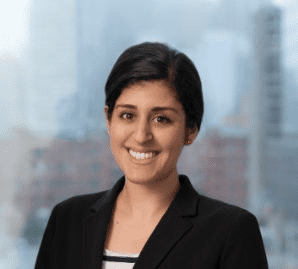
Nehal Khorraminejad brings a wide range of experience to her work as a Professor of Practice helping law students learn to think, research, and write like professional attorneys.
Khorraminejad joins UC Law SF as a Professor of Practice teaching Legal Research and Writing (LRW) courses to first-year law students. She brings extensive experience from her roles at Bay Area Legal Aid and the Boston-based law firm Nutter McClennen & Fish. At Nutter, she handled various commercial and corporate litigation cases, including securities enforcement, tax matters, white collar defense, and more. At Bay Area Legal Aid, she represented youth in civil matters, including foster care entry, guardianship petitions, education defense, and family law matters.
Khorraminejad earned her JD at the University of Michigan and previously taught LRW as an adjunct professor at Golden Gate University. She enjoys helping students learn to think, read, and write like lawyers. She considers herself not only a teacher, but also a mentor who aims to help law students build confidence, set goals, and find ways to achieve success and fulfillment in their legal careers.
Her approach to teaching is deeply influenced by her practical legal experience: “I bring my real-life experiences into class as often as possible. Contextualizing the problem in the life of a real attorney allows students to understand how certain skills contribute to success in their day-to-day practice. My job is to show them the practical side of being a lawyer.”
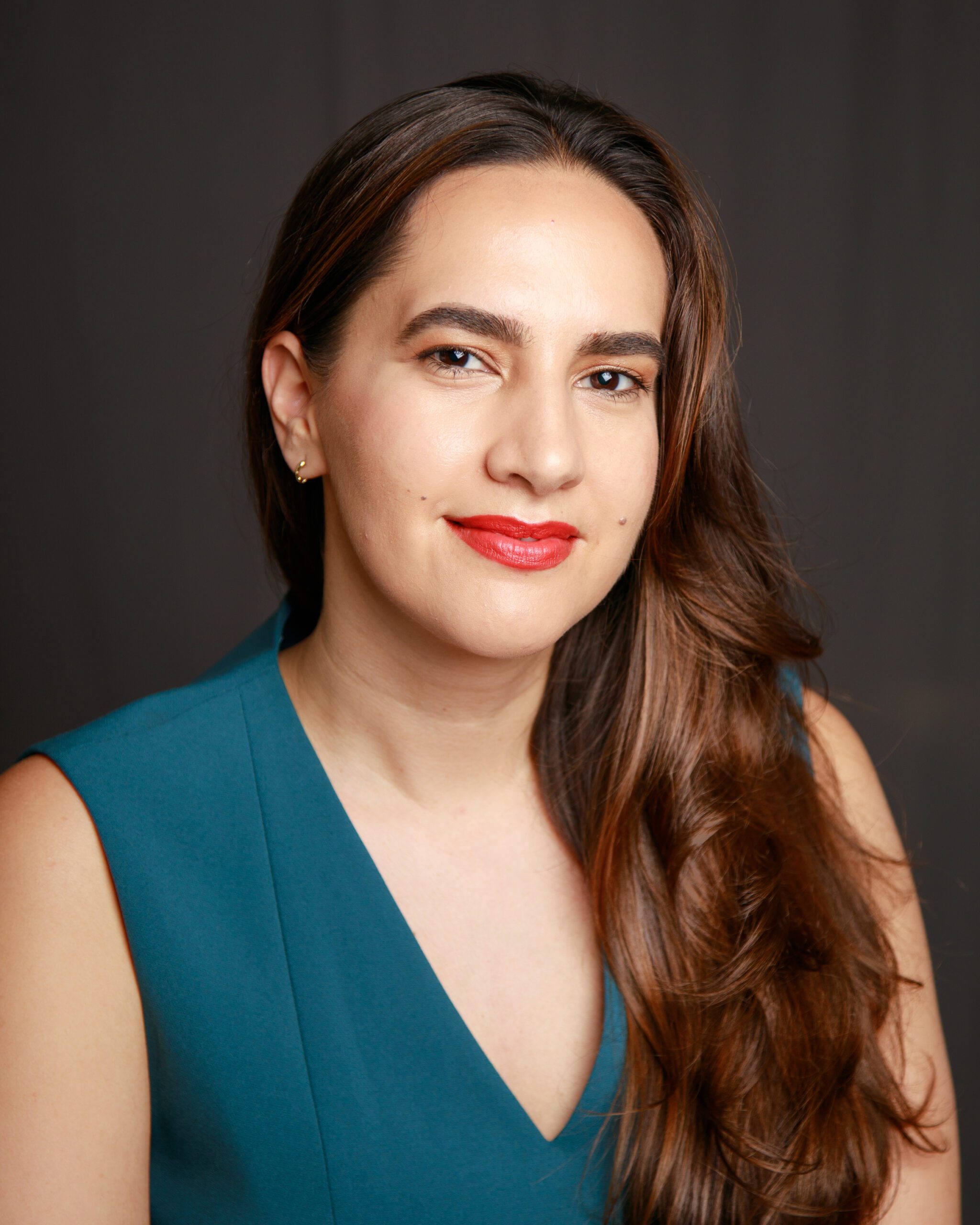
Natalia Ramírez Lee is an expert on workers’ rights who will teach and research issues at the intersection of employment law, economic inequality, and racial and gender justice.
Ramírez Lee has spent years fighting for equality in the workplace and helping underrepresented workers assert their legal rights. Over the next two years, she will serve as the C. Keith Wingate Visiting Assistant Professor through the Center for Racial and Economic Justice (CREJ) at UC Law SF.
Ramírez Lee previously worked as a successful litigator for two boutique employment law firms and co-led the Women’s Employment Rights Clinic at Golden Gate University, where she supervised law students representing low-wage workers in various job-related disputes. At UC Law SF, she will teach and research issues at the intersection of employment law, economic inequality, and racial and gender justice. Ramírez Lee, who earned her JD at UC Berkeley School of Law, said she is particularly interested in exploring issues related to caregiver discrimination, which disproportionately affects women workers with family responsibilities.
“I look forward to developing courses and scholarship that center low-wage workers and workers of color,” she said. “I want to situate workplace law in a historical context of racism and inequality to give students and fellow scholars a more nuanced understanding of the complexities of racism and other forms of discrimination and subordination in the workplace.”
At UC Law SF, she will co-teach a fall course on Race, Racism, and the Law and lead an advanced seminar on representing low-wage workers in the spring.
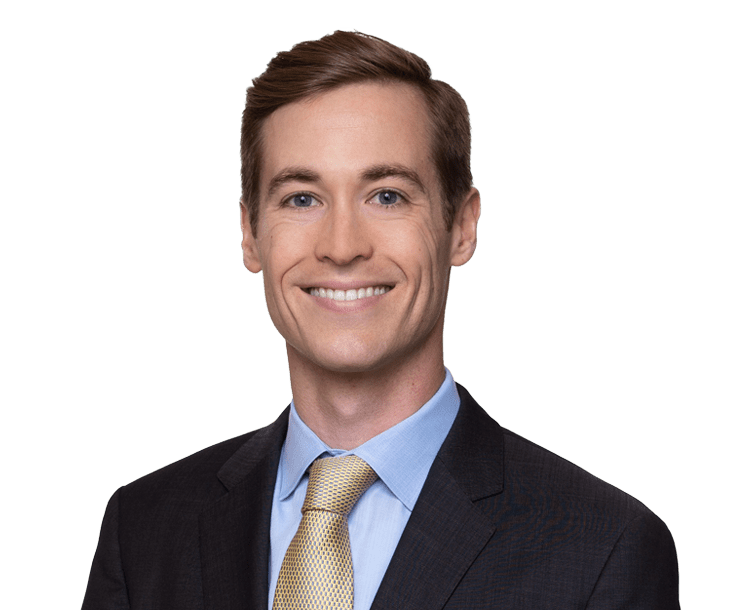
Daniel Martin ’15 intends to use his experience as a judicial law clerk, commercial litigator, and bar exam tutor to develop and implement programs that help law students succeed on the bar exam.
Daniel Martin ’15, a former commercial litigation associate at the firm Wilkie Farr & Gallagher, is returning to his alma mater this year to help law students and recent graduates conquer the bar exam. Martin plans to leverage his experience as a litigator and bar exam tutor in his new role as Associate Director of Bar Passage Support and Professor of Practice. He will work alongside Margaret Greer, the Director of Bar Passage Support, to develop and implement programs aimed at helping graduates succeed on the exam.
“The bar exam requires many of the skills used by attorneys every day to quickly solve problems in a logical, organized, and clear manner,” he said. “I will approach my new roles with an eye toward helping students further develop their skill sets so that they can achieve success on the exam and in practice.”
Martin, who also previously worked as an associate with the firms Baker Botts and Taylor & Patchen, has spent much of his career working with technology-focused clients on a wide range of matters, including in the areas of trade secrets and other intellectual property rights, antitrust and fair competition, securities and investor fraud, privacy and constitutional rights, and more. He also served as a law clerk for the Honorable U.S. Magistrate Judge Laurel Beeler. Over the past two summers, he has graded practice tests and tutored recent grads as part of UC Law SF’s Bar Exam Supplemental Training (BEST) program.
This fall he will teach Critical Studies I, a course designed to help students write effective bar exam essay and performance test answers, and one that he co-taught with Greer in Spring 2024.
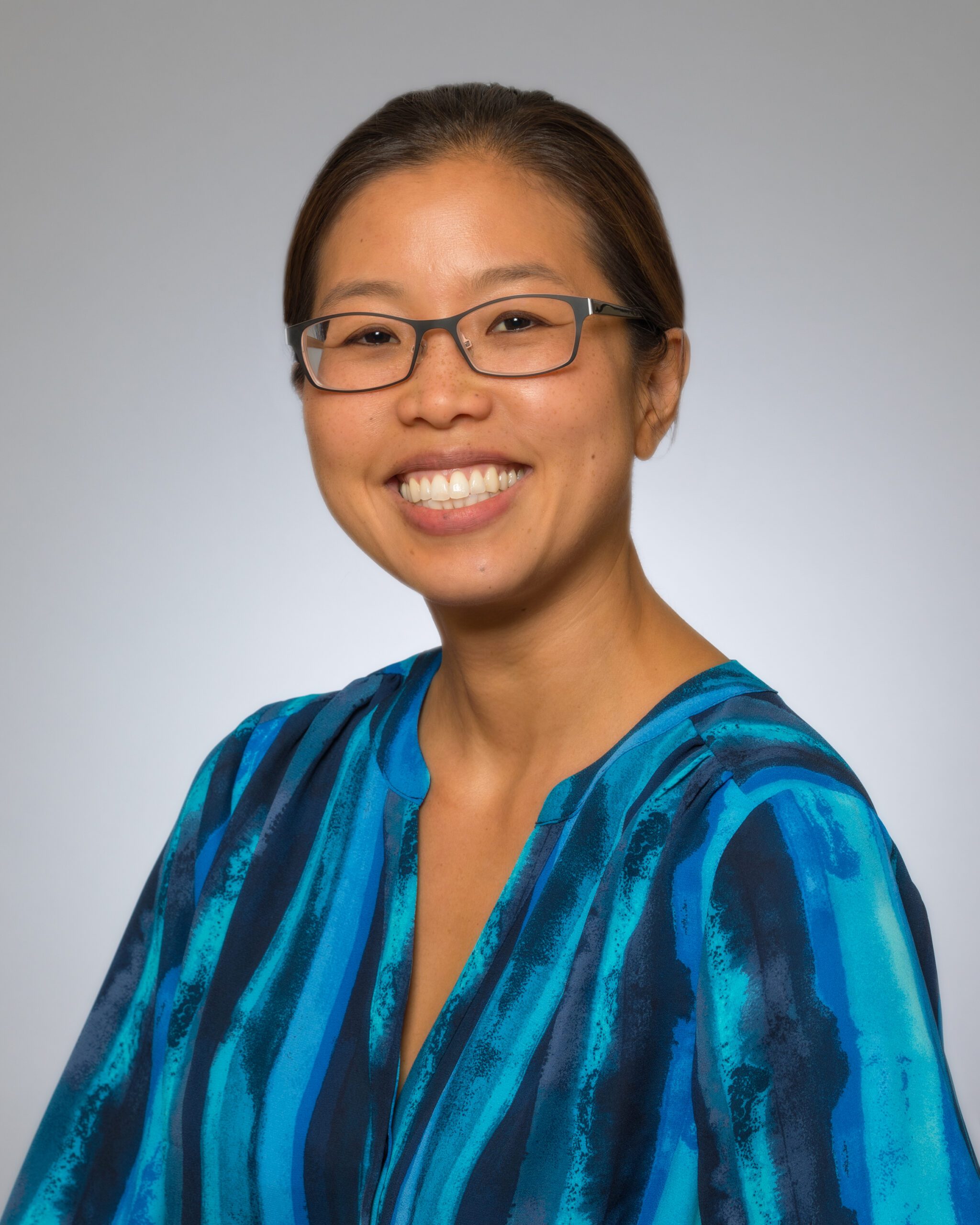
Christine Natoli, a Professor of Practice and expert in refugee and human rights law, brings years of experience as a dedicated advocate for asylum seekers.
Christine Natoli, an expert in refugee and human rights law, joins the UC Law SF faculty as a Professor of Practice this year. Since 2015, she has co-taught and supervised the Refugee and Human Rights Clinic (RHRC). She and Professor Karen Musalo, who founded the clinic, helped lead it to nearly a 100% success rate in securing asylum for clients, primarily from Mexico and Central America.
Natoli earned her BA from Stanford University and JD from New York University School of Law. Her background includes roles as a staff attorney at New York Lawyers for the Public Interest and a Kirkland & Ellis fellow at African Services Committee, where she represented African immigrants fleeing human rights violations.
As a Professor of Practice, Natoli will continue teaching and co-teaching the RHRC with Musalo. Natoli said she looks forward to furthering the clinic’s impact and guiding students as they build essential skills for their legal careers. One highlight from her years working with the clinic was helping a Guatemalan client gain asylum and bring her children to live with her in the U.S. after years of separation.
“Asylum representation is deeply rewarding because it enables me and my students to help people who have experienced often unspeakable violence take an important step towards making a new life here,” Natoli said.
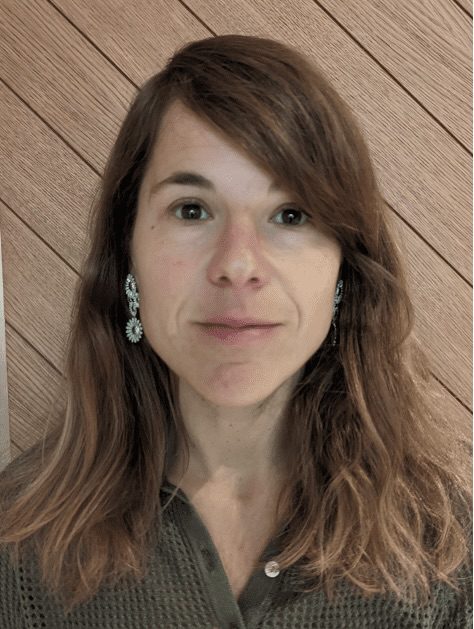
With a rich background that includes leading roles at major technology organizations, Tal Niv prepares aspiring technology lawyers for success in her role as Director of Applied Innovation at UC Law SF.
As the new Director of Applied Innovation, Tal Niv will lead the College’s efforts to prepare aspiring technology lawyers for careers in an evolving field. With a rich background that includes roles at GitHub, PlanetScale, and Creative Commons, she has tackled a range of pivotal law and technology issues in both the U.S. and European Union. She is passionate about exploring how legal frameworks can drive innovation and enhance human potential while protecting from different risks and safeguarding individual rights.
Since 2016, Niv has been a valued educator at UC Law SF, teaching Internet Law and, more recently, AI Law. She will continue teaching these courses in the 2024-2025 academic year. Niv earned LLB and Computer Science degrees from Tel Aviv University, studied at the Jurisprudence and Social Policy PhD program at UC Berkeley and obtained her MBA from Wharton School. Through her leadership, she plans to nurture UC Law SF’s connections with the Bay Area’s law and technology community while preparing future lawyers for success in a rapidly changing industry.
“Emerging technology is creating a huge need in the market for lawyers who can support clients by analyzing the existing and developing legal and regulatory environment; offer creative, clever, and practical legal advice; and do so by relying on technology astutely and efficiently,” she said. “UC Law SF is perfectly positioned to offer the best training programs to aspiring law and technology lawyers.”

With vast experience in the field of labor and employment law, Seema N. Patel works to enhance understanding of law, justice, and workers’ rights through her teaching and research.
Professor Patel brings vast experience in the field of labor and employment law, having worked as a labor rights organizer, U.S. Department of Labor trial attorney and appellate litigator, and policy reform coordinator at the White House. As deputy director of San Francisco’s labor standards enforcement agency, she oversaw innovative programs, helping to establish the nation’s first parental leave mandate and first predictive scheduling law. She also spent five years overseeing the operation of UC Berkeley’s eight community-based law clinics at the East Bay Community Law Center.
Professor Patel will pursue interdisciplinary research drawing from fields outside of law, including sociology, history, and organizational behavior. She is especially drawn to the role of social movements in advancing workers’ rights. Patel aims to explore the impact of law and enforcement structures on the vindication of workers’ rights. She will also examine how new legal frameworks can shift society’s focus from the “future of work” to the “future of workers.”
Patel previously served as a law lecturer at Stanford Law School and UC Berkeley Law School, where earned her JD. She emphasizes the importance of students critically engaging with the law and its relationship to justice, stating, “I want students to do more than just learn the law; I want them to see themselves within the law, to find their place within the broader system.”
She will teach Work Law, Movement Lawyering, Employment Law, and Employment Discrimination.
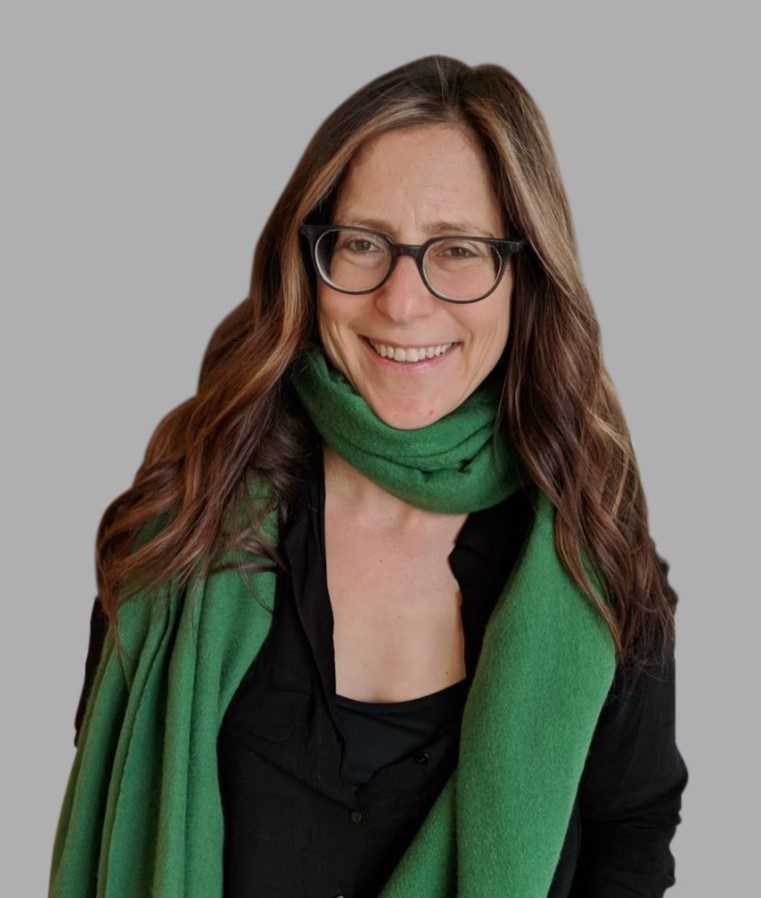
Moria Paz is an expert in international law with a passion for spreading knowledge about the rights and experiences of minorities, migrants, and refugees.
An award-winning scholar of international law, Professor Paz centers her research on the rights and experiences of minorities, migrants, and refugees at a time of rising anti-immigrant sentiment in many Western democracies. Her work explores the efforts of individuals and nonstate entities to carve out a space in the international human rights system, with a goal of better understanding the limits and possibilities of using extraterritorial law to protect the interests of individuals and minority groups.
“Today, we are grappling with rising tensions between the values of nationalism and globalization, populism and multiculturalism, mass migration (both voluntary and forced) and tribalism,” she said. “I hope that my research can provide some insights about the evolving nature of our twenty-first century democracies.”
Paz previously served as a visiting scholar at UC Berkeley School of Law and a lecturer and teaching fellow at Stanford Law School. She holds an LLM and SJD from Harvard University. Paz said she is excited to join the faculty at UC Law SF, which she said demonstrates a commitment to diversity, excellence in education, and fostering strong connections to important causes and legal institutions.
She will teach the law school’s foundational course on international law and enhance the law school’s existing bench of international law scholars.
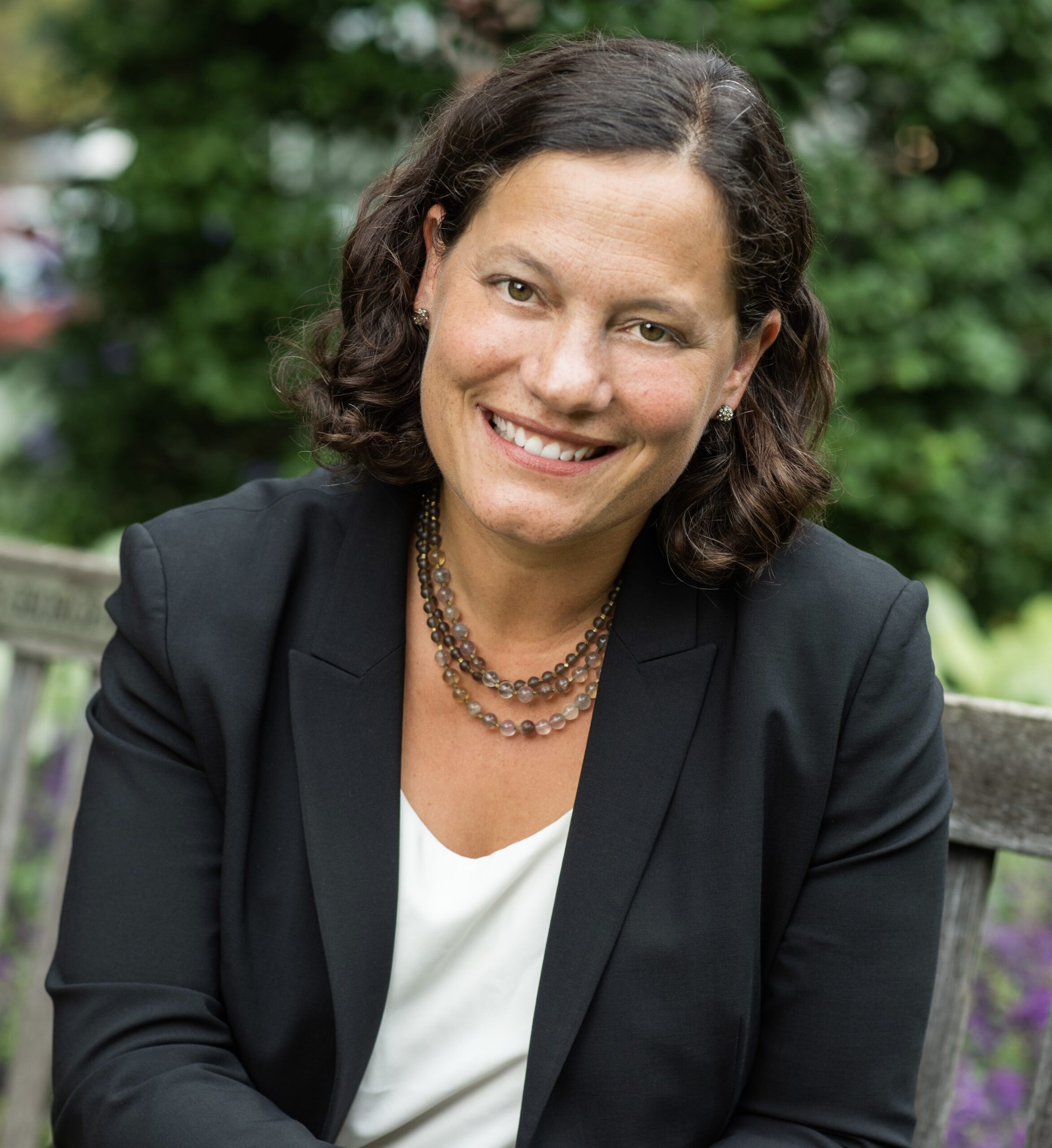
Kate Weisburd focuses her research on how changes in the criminal justice system affect real people, their privacy and social inequality.
Inspired by years of defending people in criminal court, Professor Weisburd uses empirical research and doctrinal analysis to examine how changes in criminal procedure and punishment affect real people, their privacy, and societal inequity. Formerly an associate professor of law with tenure at George Washington University, Weisburd has won numerous awards for her teaching and research, including investigations into the use of surveillance technology to monitor people on probation and parole – which she sees as “an alternative form of incarceration,” rather than an alternative to incarceration.
“I don’t want my research to gather dust on a shelf,” she said. “Instead, I hope it offers insight and help to judges, lawyers, organizers, policymakers and advocates. One of the greatest privileges of being a law professor is having the time and resources to conduct research, and I want my research to have an impact.”
Weisburd, who graduated from Columbia Law School, founded and directed the Youth Defender Clinic at the East Bay Community Law Center, part of the clinical program at UC Berkeley School of law, where she taught and supervised law students representing young people in juvenile court and school discipline proceedings. She previously served as a supervising attorney for UC Berkeley’s Death Penalty Clinic, where she represented clients in trials, appeals, and post-conviction proceedings.
At UC Law SF, she will teach 1L Criminal Law and the Criminal Practice Clinic.